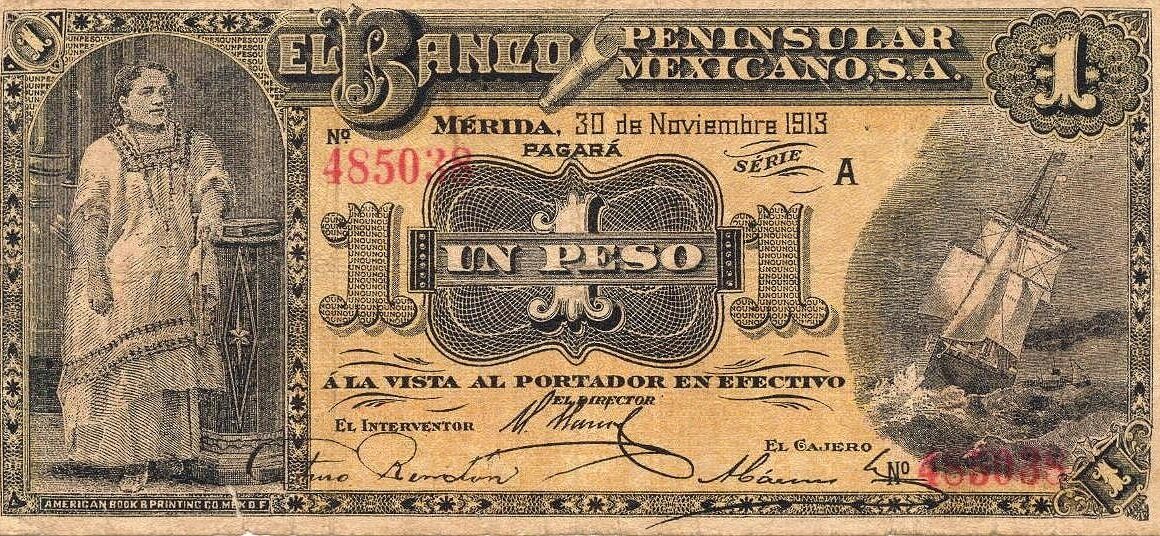Your credit score: it’s more than just a number. It’s a key to unlocking financial opportunities, from securing a favorable interest rate on a mortgage to renting an apartment or even landing a job. Understanding what a credit score is, how it’s calculated, and how to improve it is essential for anyone looking to achieve their financial goals. This blog post provides a comprehensive guide to navigating the world of credit scores, empowering you to take control of your financial future.
Understanding Your Credit Score
What is a Credit Score?
A credit score is a three-digit number that represents your creditworthiness. It predicts how likely you are to repay borrowed money on time. Lenders use this score to assess the risk of lending you money. A higher score indicates lower risk, which usually translates into better interest rates and loan terms.
- Credit scores typically range from 300 to 850.
- The most commonly used credit scoring models are FICO and VantageScore.
- Each model uses slightly different algorithms but factors in similar information.
Why is a Good Credit Score Important?
A good credit score is more than just a badge of honor; it’s a gateway to financial opportunities and savings. It impacts many areas of your life beyond just loans and credit cards.
- Lower Interest Rates: A good score can save you thousands of dollars over the life of a loan. For example, a borrower with excellent credit might qualify for a mortgage rate that’s significantly lower than someone with fair credit.
- Better Credit Card Offers: Unlock premium credit cards with rewards, travel perks, and lower APRs.
- Easier Approval for Loans and Credit: Increase your chances of being approved for mortgages, auto loans, and personal loans.
- Renting an Apartment: Landlords often check credit scores to assess a tenant’s reliability.
- Lower Insurance Premiums: Some insurance companies use credit scores to determine premiums. A good score could lead to lower insurance costs.
- Utility Services: Avoid security deposits on utilities like electricity, gas, and water.
- Employment Opportunities: Some employers, especially in the financial sector, check credit scores as part of their hiring process.
Understanding FICO and VantageScore
While both FICO and VantageScore are widely used credit scoring models, there are key differences to be aware of.
- FICO: The most widely used model, preferred by many lenders.
Developed by Fair Isaac Corporation.
Has multiple versions, with FICO Score 8 being the most common.
Requires a minimum of six months of credit history to generate a score.
- VantageScore: A newer model, aiming to be more inclusive.
Developed jointly by the three major credit bureaus (Equifax, Experian, and TransUnion).
May generate a score with less credit history than FICO.
VantageScore 3.0 and 4.0 are the most current versions.
It’s important to check your scores from both FICO and VantageScore, as lenders may use either one. Knowing both can give you a more complete picture of your credit health.
Factors Affecting Your Credit Score
Payment History (35% of FICO Score)
This is the most important factor. Consistently paying your bills on time is crucial for maintaining a good credit score. Late payments, even by a few days, can negatively impact your score.
- Tip: Set up automatic payments to ensure you never miss a due date. Even setting up a recurring reminder on your phone can help.
- Late payments remain on your credit report for up to seven years.
- Severity of late payments matters. Payments that are 30, 60, or 90+ days late have different impacts.
Amounts Owed (30% of FICO Score)
This factor considers the total amount of debt you owe and your credit utilization ratio. Credit utilization is the amount of credit you’re using compared to your total available credit. Aim to keep your credit utilization below 30% on each credit card and overall.
- Example: If you have a credit card with a $10,000 limit, try to keep your balance below $3,000.
- Maxing out credit cards can significantly lower your credit score, even if you pay on time.
- Pay down high-interest debt first to improve your credit utilization and save money on interest.
Length of Credit History (15% of FICO Score)
A longer credit history generally indicates lower risk to lenders. The longer you’ve been using credit responsibly, the better.
- Tip: Don’t close old credit card accounts, even if you don’t use them regularly. Keeping them open (with occasional small purchases) can help maintain a longer credit history.
- The age of your oldest account, newest account, and the average age of all accounts are considered.
Credit Mix (10% of FICO Score)
Having a variety of credit accounts (e.g., credit cards, installment loans) can positively impact your score. It demonstrates that you can manage different types of credit responsibly.
- Note: Don’t apply for new credit accounts just for the sake of improving your credit mix. Only open accounts that you need and can manage responsibly.
- Examples of different credit types:
Credit cards (revolving credit)
Auto loans (installment loans)
Mortgages (installment loans)
Student loans (installment loans)
New Credit (10% of FICO Score)
Opening too many new credit accounts in a short period can lower your score, especially if you have a short credit history. Each application for credit results in a “hard inquiry” on your credit report, which can temporarily lower your score.
- Tip: Space out your credit applications to minimize the impact on your score.
- Rate shopping for a mortgage or auto loan within a short period (e.g., 14-45 days) is often treated as a single inquiry.
- Avoid opening multiple store credit cards within a short timeframe.
How to Check Your Credit Score and Report
Free Credit Reports
You’re entitled to a free credit report from each of the three major credit bureaus (Equifax, Experian, and TransUnion) once every 12 months through AnnualCreditReport.com.
- Review your credit reports carefully for errors or inaccuracies.
- Dispute any errors with the credit bureaus immediately.
- Checking your own credit report does NOT hurt your credit score.
Free Credit Scores
Many credit card companies and financial institutions offer free credit scores as a perk of their services. You can also use free credit score websites, but be cautious of those that require you to sign up for a paid service.
- Credit Karma and Credit Sesame are popular free credit score websites (but use VantageScore, not FICO).
- Check your credit score regularly to monitor your credit health and identify any potential issues early on.
- Pay attention to the details in the accompanying credit report summary. It may provide the key reasons for your score.
Understanding Credit Report Errors and Disputes
Errors on your credit report can negatively impact your score. Common errors include incorrect personal information, inaccurate account balances, and accounts that don’t belong to you (potentially due to identity theft).
- How to Dispute:
Gather documentation to support your claim (e.g., payment records, account statements).
Submit a dispute online or by mail to the credit bureau reporting the error.
The credit bureau has 30 days to investigate and respond to your dispute.
If the error is verified, the credit bureau will correct your report.
* If the error is not resolved to your satisfaction, you can add a statement to your credit report explaining your side of the story.
Improving Your Credit Score
Paying Bills on Time
As the most important factor, consistently paying your bills on time is crucial for improving your credit score.
- Set up automatic payments or reminders.
- Prioritize paying bills on time, even if you can only make the minimum payment.
- Contact creditors if you’re struggling to make payments. They may be willing to work with you on a payment plan.
Lowering Your Credit Utilization
Keeping your credit utilization low is another key strategy for improving your score.
- Pay down your credit card balances as much as possible.
- Ask for credit limit increases (without spending more).
- Consider opening a new credit card (only if you can manage it responsibly) to increase your overall available credit.
Secured Credit Cards
Secured credit cards are designed for individuals with limited or poor credit history. They require a security deposit, which typically serves as your credit limit.
- Use the secured card responsibly by making small purchases and paying them off on time.
- After a period of responsible use, you may be able to upgrade to an unsecured credit card and have your security deposit returned.
- Look for secured credit cards that report to all three major credit bureaus.
Credit Builder Loans
Credit builder loans are small loans designed to help you build credit. The lender holds the loan funds in an account, and you make regular payments. Once you’ve repaid the loan, you receive the funds (minus any fees or interest).
- Make sure the lender reports to all three major credit bureaus.
- Consider the interest rate and fees associated with the loan.
- Credit unions and community banks often offer credit builder loans.
Becoming an Authorized User
Becoming an authorized user on someone else’s credit card account can help you build credit if the primary cardholder has a good credit history and pays their bills on time.
- Ensure the primary cardholder understands the responsibilities of adding an authorized user.
- Choose a responsible primary cardholder with a low credit utilization ratio.
- You don’t have to use the card to benefit from being an authorized user.
Conclusion
Your credit score is a dynamic number that reflects your financial behavior. By understanding the factors that influence your score and taking proactive steps to improve it, you can unlock a world of financial opportunities. Regularly monitoring your credit report, paying bills on time, and keeping your credit utilization low are essential for building and maintaining a healthy credit profile. Remember, building good credit takes time and consistent effort, but the rewards are well worth it. Take control of your credit today and pave the way for a brighter financial future.




